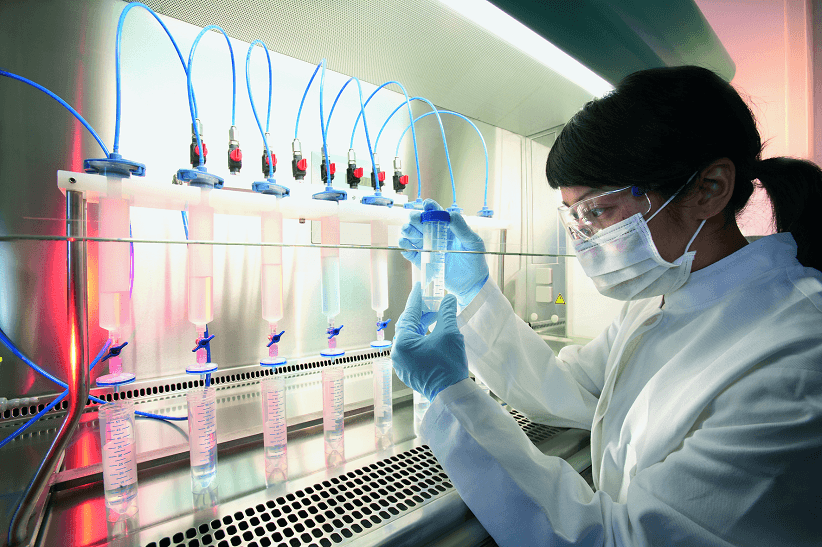As some audits can be performed without notice or at very short notice, the laboratory should operate under a state of audit readiness at all times. If you do receive notice of the audit there are a number of things that can be done before the audit commences.
1. Review Laboratory SOP’s
Review your laboratory’s SOPs on receiving inspectors and handling inspections.
2. Review Past Reports
Review past inspection reports, and attempt to identify items that may be of particular interest or concern to the inspectors.
3. Area of Expertise
Try to determine the identity of the auditors and their area of expertise.
4. Assign a Host
Assign each inspector a host so when they arrive on-site someone is looking after them from the start and they don’t feel neglected. First impressions last.
5. Determine Scope of Audit
Determine as far as possible the scope and methods of audit, this will often be discussed during the initial meeting.
6. Book Rooms in Advance
Book rooms for the auditors and a room to act as the operations centre. Don’t forget to organize lunch and snacks for the inspectors.
7. SME and Substitutes
Identify subject matter experts for each area, together with substitutes. When an inspector has a specific question about a specific aspect of the laboratory know in advance who is the best person to speak with the inspector.
8. Laboratory Methods
It is not unknown for auditors to request to observe a demonstration of a particular method. This may, in particular, happen during a client audit when the client wishes to assess the competency of the laboratory to perform a particular test. It would be good practice to identify someone with significant experience to perform any demonstrations before the audit commences
9. Route for Audit
Establish as much as possible a route for the tour of the audit, it’s much better to be prepared what you want the auditor to see and in what particular order.
Walk the tour route and check all of the following:
- Instrument logbooks, instrument status, and calibration status
- Expiry dates of chemicals, reagents, mobile phases and solvents – remove or revise all out of date reagents
- Laboratory glassware, in particular confirm the calibration markings on volumetric glassware are clearly visible. Also confirm that the correct grade of glassware is being used and be able to confirm this with documentary evidence.
10. Testing Schedules
Review testing schedules, it is best to concentrate on routine work during an audit, especially a regulatory audit, and avoid working on more challenging activities such as investigations
Other Considerations
Identify commonly asked for items such as:
- Investigation and deviation records
- Out of Specifications reports
- Complaint investigation reports
- Instrument calibration and maintenance data
- Analytical test method validation data
It is good practice to have such documentation readily available on site.
If necessary, records should be recalled from an offsite archive in anticipation of the audit.

